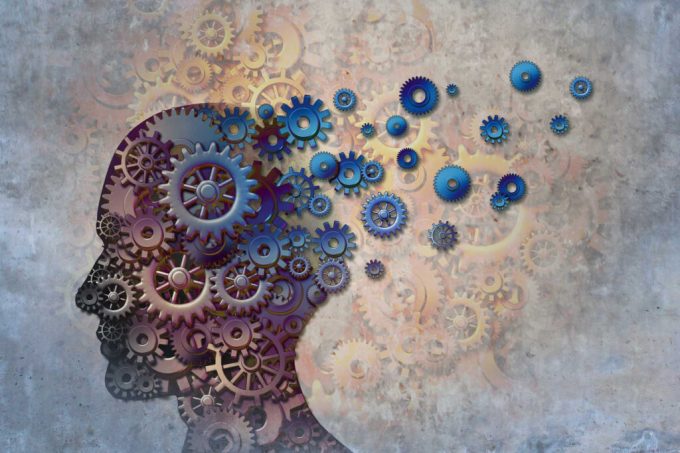There is probably no person in the world who has not experienced rejection, being ignored at work, meeting friends, or even a family gathering, in addition to being repeatedly rejected in romantic relationships.
But why do we always feel that the matter is bigger than the fact that we were rejected? And the feeling of defeat towards those who reject us is not much different from any other organic disease, but it may be more severe, as painkillers do not work with it, and it does not go away when the symptoms go away, but rather remains dormant until it is stirred by a new rejection, and then the pain returns doubled.
In a study conducted by researchers at the University of Kentucky on the hypothesis that the pain of rejection mimics physical pain, the researchers gave the drug “Acetaminophen” to study participants, before prompting them to recall some painful rejection situations they had experienced. Those who took the drug experienced less pain than those who received a drug containing sugar.
Acetaminophen reduced the pain of rejection, which American studies in 2001 showed was more dangerous than teen violence due to drugs, poverty or gang membership. According to the studies, rejection is not only painful as an individual case for one person, but it is a collective pain linked to the ancient feeling of ostracism, which was known as a social punishment by ancient tribes, where the wrongdoer was cast out outside the tribe’s borders as an outcast and alone.
Ostracism has evolved with the development of societies, so that exile outside the borders of one’s homeland has become a very painful punishment for those who are exiled from their societies and homelands. Recently, solitary confinement has become a prison larger than a collective cell. All of this confirms that a person’s need to belong to a family, tribe, or society is a need no less important than his other needs of food, drink, and housing. Ostracism, exile, and solitary confinement are cases of rejection that, in their entirety, become more painful than any other punishment.
There are different types of rejection, the most painful of which is emotional rejection, when a potential partner tells us that he or she doesn’t want to build a relationship with us in the first place. In most cases, this rejection is devastating, especially when you allow your mind to build instant chemistry between you and this partner. Studies have shown that men are more affected by rejection than women, especially since men consider rejection not for a romantic relationship but for a physical relationship in which they were unable to satisfy the other party (the woman), and she did not view the relationship in this way in the first place.
How do we overcome rejection?
Rejection can be more than just an emotional ordeal. To control this situation before it reaches the point of a psychological crisis, we must know that rejection is a natural thing, and it may happen multiple times in life, and in more than one relationship, and perhaps you yourself are a rejector at one time just as you were rejected at another time. You must know that any attempt you make to prove that you are the right person to your rejector will backfire, and the first thing that will come to the mind of the one you expect to be a partner is that he was right to reject you.
Communication expert Dr. Susan White says that in this case, you have to act like an adult, and know that if you can’t control your pain, you can certainly control your behavior.
If you have faced a series of rejections, then you should look at yourself and see how you are acting, and evaluate your own positions, and not just feel like a victim who is being assassinated by everyone.
Susan stresses that you must learn not to respond to rejection with revenge, and that this rejection is not an evaluation of your person. Rejection is a painful act, but if you treat it as a crime, it will be more hideous.














Leave a comment